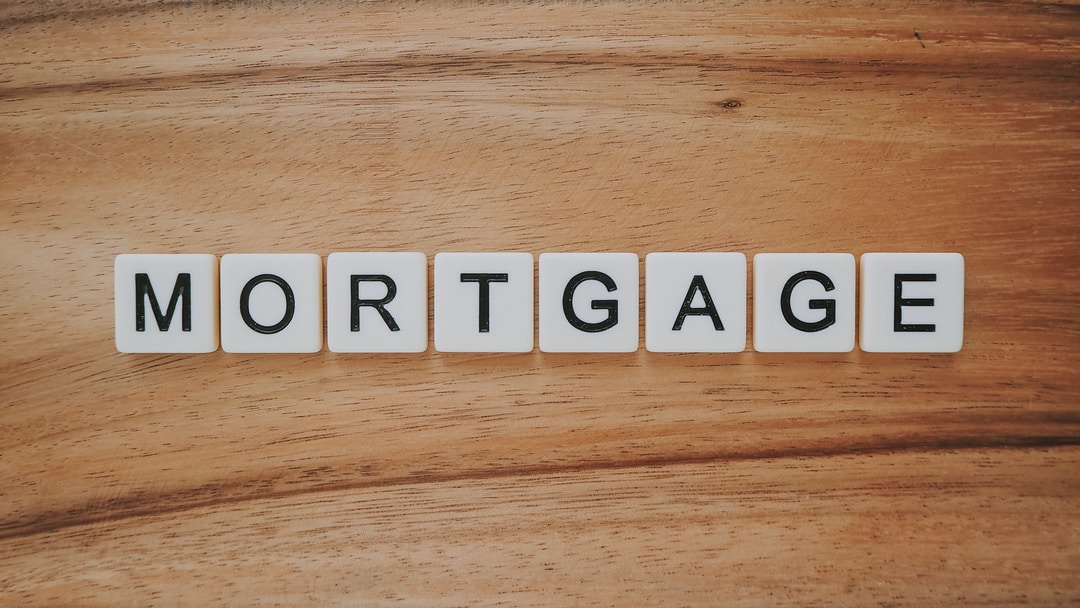Buying a home for the first time is exciting and intimidating and can be scary if you feel like you don’t know what you’re doing. Your real estate agent will walk you through the whole process, but here are some things you should know before getting into the homebuying process.
1. Explore funding options.

As a first home buyer, you may not know what kind of mortgage you are eligible for or what kind of mortgage will most benefit you. When talking to a lender, you need to ask about first-time homebuyer programs they may offer. You also want to inquire about their different loan programs. For example, you want to learn about fixed-rate mortgages and variable-rate mortgages. A fixed-rate loan maintains the same interest rate for the life of the loan, while a variable rate mortgage changes as the interest rates change.
You also need to know about conventional loans, FHA loans, and VA loans. Qualifying for a conventional loan or an FHA loan will be the difference in your credit score. For example, if your credit score is over 650, you’ll probably qualify for a conventional loan. If it’s less than that, you’ll have to try for an FHA Loan. Your lender can let you know exactly what you’ll qualify for and how that will impact your mortgage payment. The amount of money you have for a down payment will also influence the monthly payment. As long as your down payment is 30% or higher, you won’t have to pay additional insurance. That amount also comes from the total price of the mortgage loan.
2. Go under budget.

After talking to your lender, you will get pre-approved for a specific range. The best thing to do is go below that range because they will tell you the most you can get for a loan. Going below that range will ensure you are comfortable with the monthly mortgage payment.
When figuring out your mortgage payment, you need to consider the total purchase price, the interest rate, your credit score, and the loan term. You can then use an online amortization calculator to determine the monthly payment. Going below your maximum will allow you to live comfortably within your means.
3. Don’t be afraid to haggle.

It is not offensive to offer below the asking price. Most home sellers expect to get offers below the asking price. You can haggle on the price or the terms. For example, you may offer to pay the full asking price if they cover all the closing costs. You may also ask them to cover the cost of the home inspection or the appraisal, both of which will need to be done before closing.
If you offer too low, the sellers may counter with another offer between yours and their asking price. As long as no other people are bidding on the house, you can go back and forth with the seller until you’re both happy with the price and terms.
4. Price shop for house insurance.

Homeowners insurance is an absolute must, and your mortgage lender will require you to have it as long as you have a mortgage on the house. However, homeowners insurance varies greatly in price and coverage, so be sure to shop around.
Also, most insurance companies offer bundle prices that will allow you to save money if you bundle your house insurance with your car insurance or other insurance policies you may have. You also need to talk to your insurance agent about the home’s replacement value to make sure you are significantly covered if there were a fire or natural disaster.